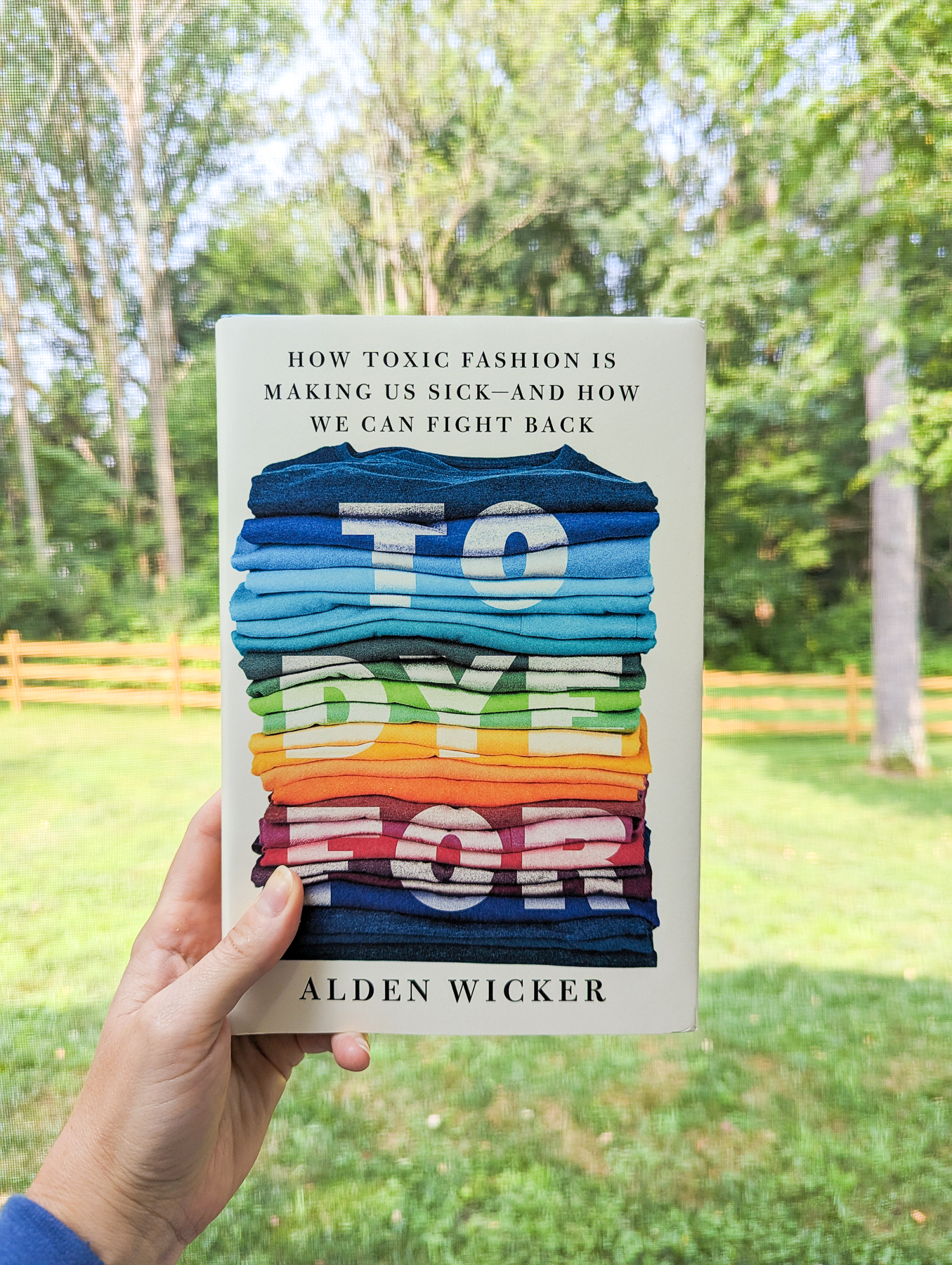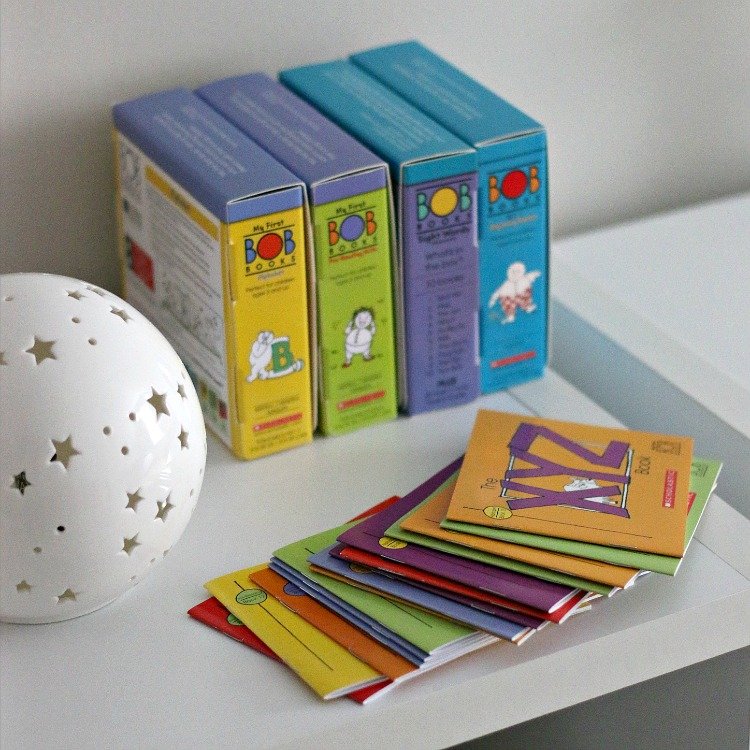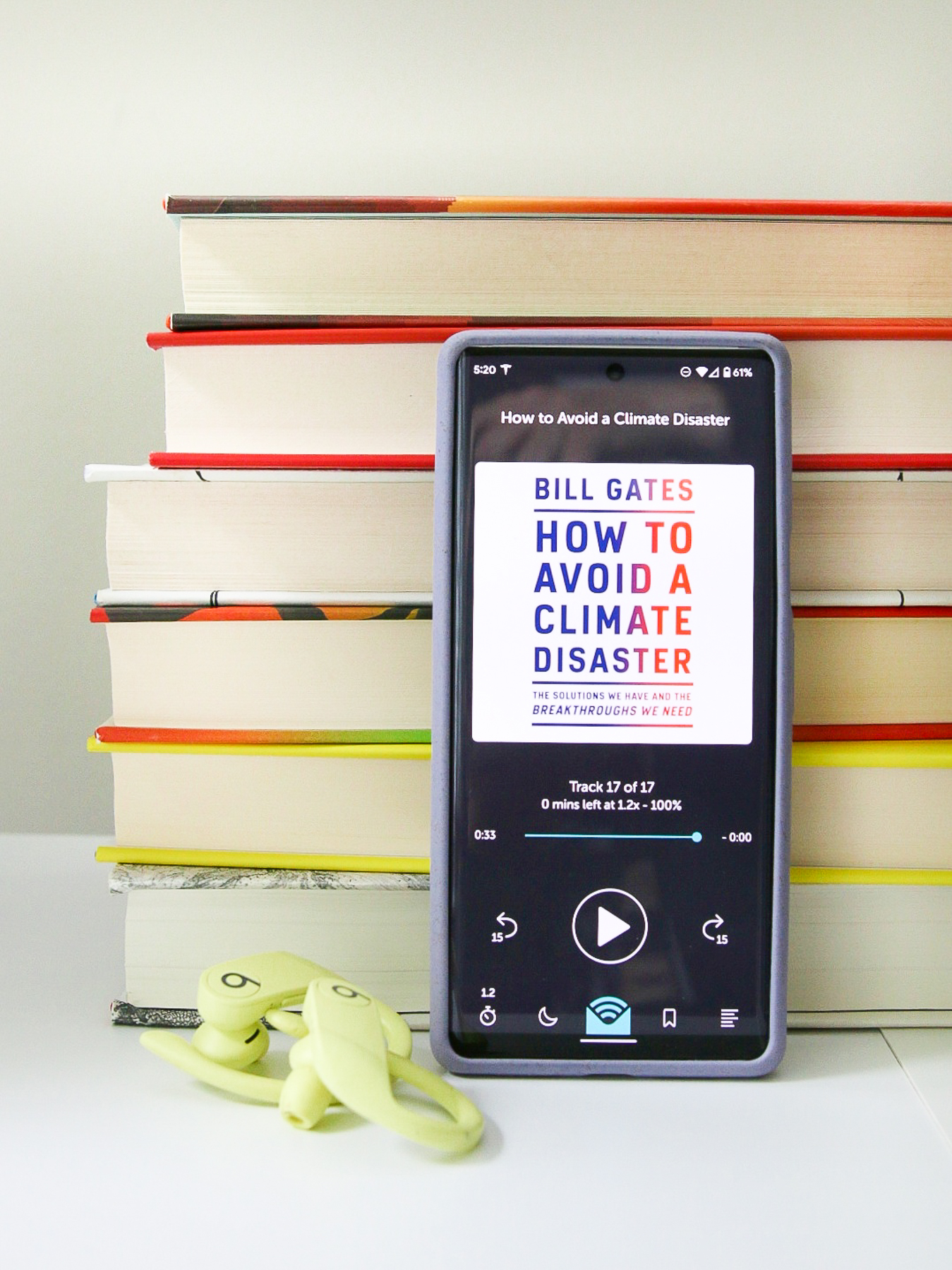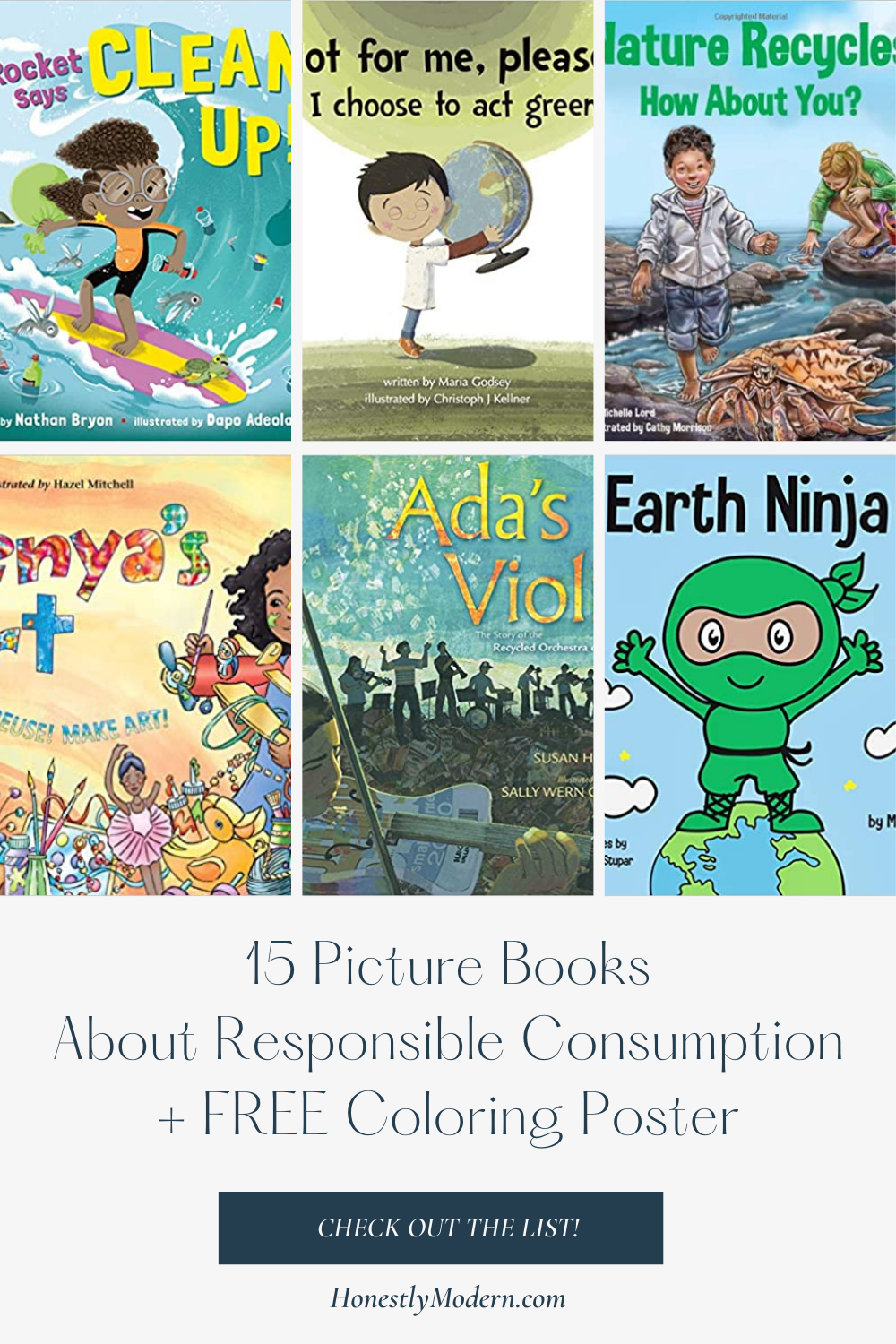Book Review of Influence is Your Superpower by Zoe Chance
What have you been reading lately? Here are some books I’ve checked out from our local library or listened to on audio from Libro.fm lately. This post is part of a recurring series of book reviews of things I’ve been reading and listening to lately. Check out past editions of Reading Lately.
This post contains affiliate links.
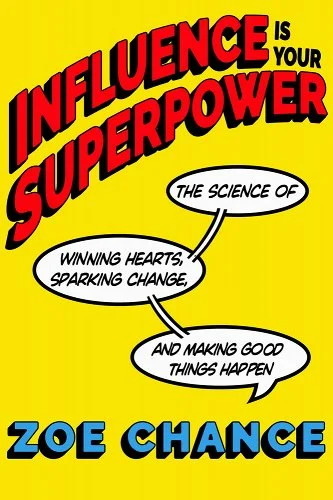
Review of Influence is Your Superpower by Zoe Chance
I picked up this book because Sharon McMahon recommended it, and her book recommendations are always great.
In this book, the author Zoe Chance, a behavioral scientist, discusses many aspects of how we can influence the people around us. Her work and suggestions don’t seek to teach people how to control others through sneaky or hurtful methods. Instead, she uses her research on behavioral economics, neuroscience, and psychology to explain ways we can gently influence others and effect change that’s meaningful and contagious.
As an advocate for climate action, I chose the book with the intention of finding ways to better encourage people to take easy and manageable steps to address the climate crisis. I also regularly meet people who are working to take steps to live more sustainably and struggle to encourage family and friends to follow suit.
Chance offers many actionable tips about how to develop more charisma in conversations and negotiations with others which helps make each of us more influential. She also shared suggestions about how to frame ideas and requests in ways that are more compelling to others and delivered at the right time (i.e. when they are most open to being influenced).
I hope to use some of her tips and ideas to influence others’ behavior with respect to climate action and being more civically engaged.
Throughout the book, she reaffirms the importance of asking questions and listening to people’s answers without judgment. Instead of simply pushing one’s own agendas, she recommends exploring others’ resistance. Really understand why they have a different perspective, and employ empathy to understand their views. Such empathy opens them to potential influence.
She also finds value in affirming another person’s freedom of choice to listen and engage. We can’t force our conversations on others. It’s helpful to ask for permission to make an ask, offer advice, or offer more information. The other person or party may not be interested at that time in hearing another perspective. Most likely, they will only be open to listening and learning after they have acknowledged that it was their choice to partake in such a conversation.
Next, she proposes starting with a soft ask. Instead of simply asking for something outright, she suggests rephrasing the question to say something like” would you be comfortable…(trying a new small climate action – as an example)?”
It’s okay to kindly persist when told no and ask for permission to check back in later to follow up. They may say no, and it’s important to respect that assertion. However, many people will accept an offer to return to a conversation or a negotiation at a later date. And this request for permission to follow up creates an expectation from the other party that the discussion is still open and also that you will follow through on your commitment.
While not surprising, Chance says one is more likely to influence another when they respect the person’s intelligence, intentions, and liberties. In other words, we won’t make progress coming to compromise with others if we talk to them and treat them like they are dumb or intend to be harmful. As is often the case, most people have good intentions despite having significantly different tactics or agendas for reaching common goals.
One question she has found particularly helpful in asserting one’s influence is asking the other person “What would it take… (to get the desired outcome)?” This is a really compelling question because it puts the other person in the position of offering up acceptable solutions. Instead of you trying to guess what might work, they can let you know what would satisfy them and feel fair to them. Then you can determine how you might be able to meet them at a reasonable middle ground.
Finally, she offers three valuable questions to make a negotiation better.
- What could make this better for me?
- What could make this better for them?
- Who else could benefit?
If you can answer these questions and alter solutions to make something better for you, better for them, and better for other people, there’s a high likelihood you can reach a compromise and use your influence to define that compromise.
If you are looking to help others in your life become more eco-conscious and start practicing sustainable living habits, check out this book. You might find some helpful takeaways to be a more effective influencer in your everyday life.
Genre Leadership/Personal Growth – Success/Nonfiction | Pages 304 | Length 7 hours 10 minutes
A Note on Buying and Borrowing Books
We include affiliate links to books we recommend. If you purchase through one of these links, Honestly Modern earns a very small commission that has no impact on your purchase price.
If you can find the books from your local library, from a friend, at an independent bookstore, or through a used book shop, those sources are ideal. Using the library is zero waste, saves money, and saves space in your home because you can read all the books without storing all the books on your bookshelves. If you’re not sure of the best way to use your local library, check out these tips to make the most of your local library. With a little exposure, your kids will learn to LOVE the library!
If you prefer to listen to audiobooks, we recommend using Libro.fm, our favorite audiobook app. We’ve tried several audiobook apps and love that Libro.fm supports independent bookstores and offers a great user experience.

Jen Panaro
Jen Panaro, founder and editor-in-chief of Honestly Modern, is a self-proclaimed composting nerd and advocate for sustainable living for modern families. To find her latest work, subscribe to her newsletter, Stepping Stones.
In her spare time, she’s a serial library book borrower, a messy gardener, and a mom of two boys who spends a lot of time in hockey rinks and on baseball fields.
You can find more of her work at Raising Global Kidizens, an online space to help parents and caregivers raise the next generation of responsible global citizens.

